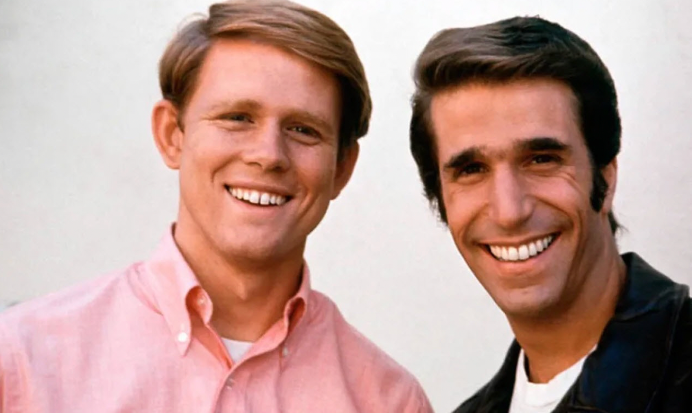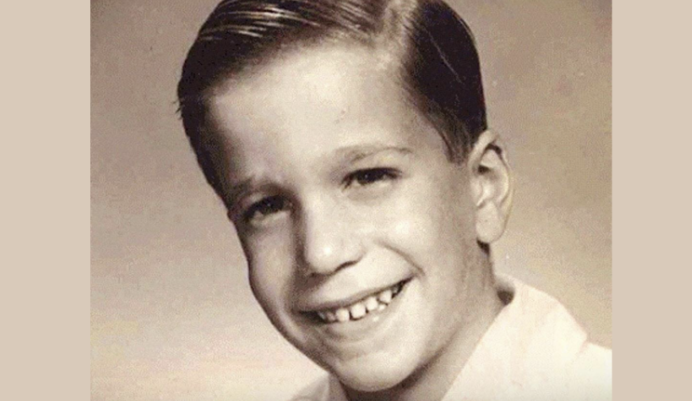In the narrative of Henry Winkler’s life, celebrated for his iconic portrayal of Fonzie on Happy Days, the backdrop is far from the glamorous veneer often associated with celebrities.
Emerging from a lineage of immigrant parents who fled Nazi Germany, Winkler confronted formidable challenges arising from an undiagnosed reading disorder.
Oblivious to his dyslexia, his parents unfairly stamped him with the label of “dumb”, going so far as to dub him a “Dummo Hund”, akin to a dumb dog. This unjust branding permeated into his interactions with teachers and peers, sculpting a challenging upbringing that left a profound imprint on his self-worth.
Yet, undeterred by these daunting obstacles, Winkler fervently pursued his dreams.

Applying to 28 colleges, he secured admission to two and eventually received the coveted acceptance letter from the prestigious Yale School of Drama. His innate talent radiated during an impromptu Shakespearean monologue, becoming the catalyst for his journey to success.
While basking in the limelight as the magnetic Fonzie on-screen, Winkler grappled with the nuances of dyslexia, impacting his reading and coordination. Even when presented with the lead role in Grease, he gracefully declined, steering clear of potential typecasting.
In a transformative moment at 31, Winkler’s outlook underwent a significant shift during his stepson Jed’s dyslexia test. Realizing their shared struggle, Winkler acknowledged dyslexia as an unspoken hurdle that had cast its shadow over his life.
Adapting to auditions by committing scripts to memory, he cleverly employed humor as a shield to camouflage any perceived inadequacies, firmly asserting that he embodied the very “essence of the character”.

Following his iconic stint on Happy Days, Winkler immersed himself in a diverse array of acting roles and played a pivotal role in birthing the MacGyver series.
Navigating through transitional phases, his steadfast determination and undeniable talent emerged triumphant, offering a testament to the idea that surmounting personal adversities can pave the way for extraordinary achievements.
Henry Winkler’s journey, from an unjust label of being “dumb” to evolving into a cherished figure, becomes a vivid illustration of the potent interplay between determination and talent in the pursuit of greatness.
His narrative stands as a wellspring of inspiration, underscoring the resounding truth that personal challenges can indeed be conquered through unwavering resilience and dedicated effort.
